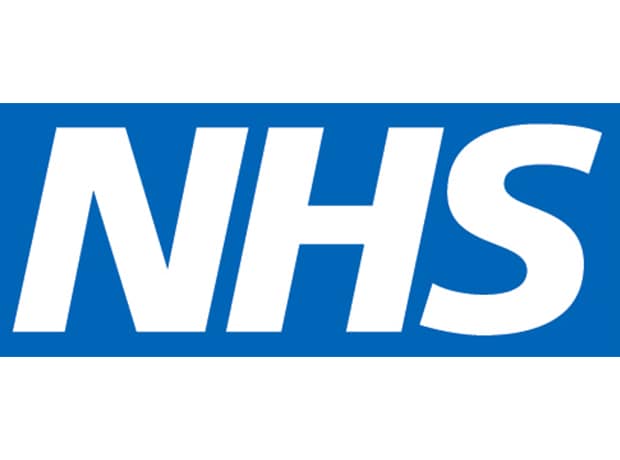The proposals will help MedTech developers access NHS funding to fast-track products
NHS England and the National Institute for Health and Care Excellence (NICE) have announced a new plan to adopt innovative medical technologies to provide faster access to NICE-recommended products and improve patient outcomes.
The proposals set out a route for MedTech developers to access NHS funding to fast-track clinically and cost-effective products to be used by NHS England.
Developed by NHS England and NICE with input from the Department of Health and Social Care, as well as other partners including the Office for Life Science and the Medicines and Healthcare products Regulatory Agency, the new plans will also support MedTech innovators and suppliers with automatic funding to support routine commissioning for technologies that meet the required criteria.
NHS England’s interim medical director for transformation, Dr Vin Diwaker, said: “Medical technology plays a vital role in the nation’s health and these proposals outline how we can fully maximise its use for the benefit of patients.”
The new proposals align with the NHS Long Term Plan commitment to accelerate the uptake of selected innovative medical devices, diagnostics and digital products.
Recently, MedTech equipment such as a laser fibre, which vaporises enlarged prostatic tissue and Spectra Optia, a device that separates and removes sickle red blood cells from the blood using continuous flow and centrifugation, were the most recent to be introduced to the NHS.
Until 15 August 2024, patients, clinicians, academics and industry can submit feedback on the proposals, which will run for 12 weeks, to “ensure [they] can provide the greatest clinical and cost-effective benefit”, explained Diwaker.
Mark Chapman, director of the health technologies programme, NICE, commented: “This new pathway aims to ensure that patients in every area of the country can benefit from the best products, devices, digital technologies, or a diagnostic innovation. It will bring clarity to MedTech developers, giving them a clear route to accessing NHS funding in the same way the pharmaceutical industry currently benefits from.”





